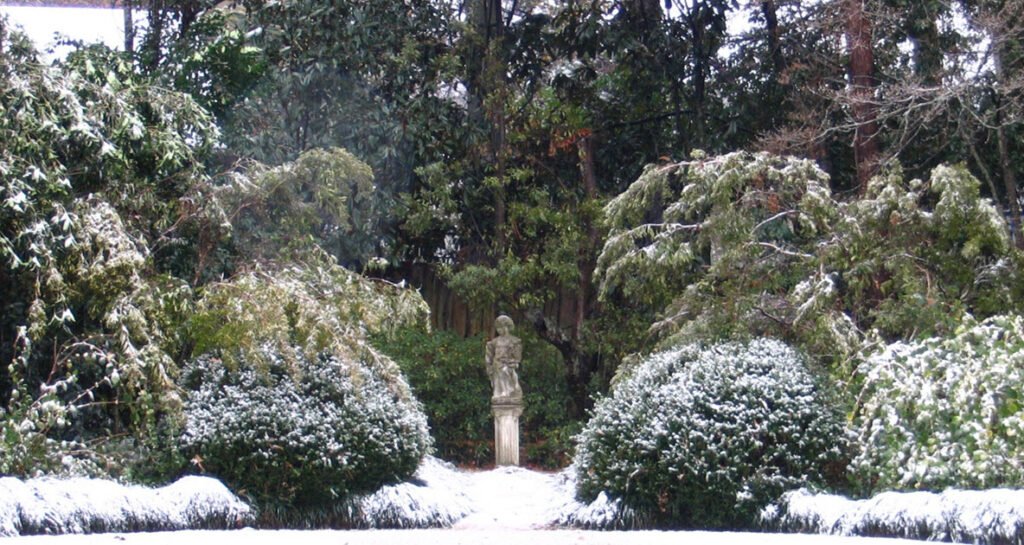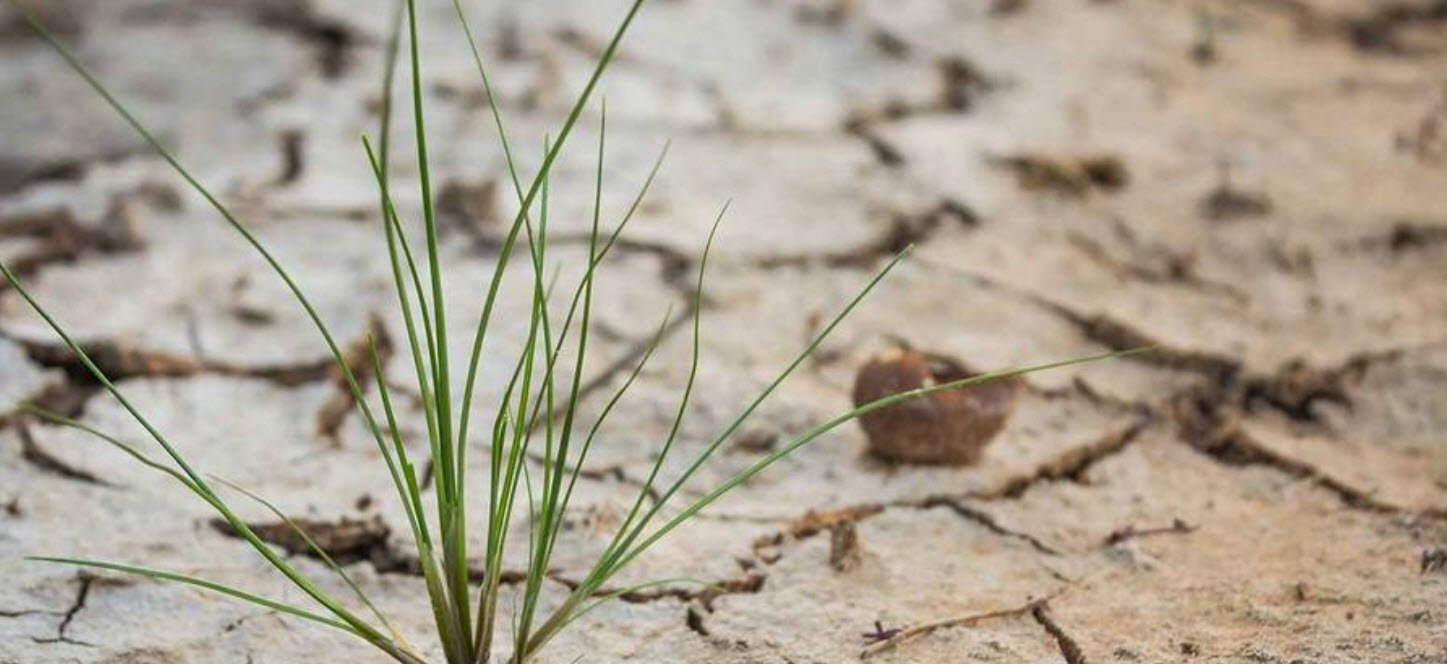
As the weather starts to get colder and winter approaches, it’s important to prepare your garden for the changing seasons. Taking the time to properly winterize your garden can help protect your plants, improve your soil quality, and make for a better growing season next year.
Here are some tips for preparing your garden for winter:
- Cover Your Vegetables
- Leave Root Crops for Later Harvesting
- Remove Diseased Plants
- Remove Weeds and Debris
- Add Compost and Other Amendments
- Sow Cover Crops
- Use Black Plastic for Hopelessly Weeded Areas
1. Cover Your Vegetables: When temperatures start to dip toward the frost point, cover your vegetables with old sheets or light blankets on cold nights to extend the season a bit longer. This can help you continue to harvest fresh produce even as the weather turns colder.
2. Leave Root Crops for Later Harvesting: Root crops such as beets, parsnips, carrots, and garlic can often be left in the ground for harvesting through early winter. Cover them with a heavy layer of mulch and mark the rows with tall stakes so that you can find them in the snow.
3. Remove Diseased Plants: Pull up tomato, squash, pea, and bean plants. If they’re disease-free, compost them. If any are diseased, either burn them or discard them separately. Pull up and put away the stakes.
4. Remove Weeds and Debris: Before the ground gets too hard, remove all weeds and debris to eliminate overwintering sites for insects and disease. This can help prevent pests and diseases from becoming a problem in your garden next year.
5. Add Compost and Other Amendments: Once the garden soil is exposed, add a layer of compost, leaves, manure (if you have it), and lime (if you need it). Gently till into the soil. This can help improve the quality of your soil and prepare it for next year’s growing season.
6. Sow Cover Crops: Another option is to sow cover crops such as winter rye to improve your soil quality and prevent weed seeds from taking root. Cover crops can also help protect your soil from erosion during the winter months.
7. Use Black Plastic for Hopelessly Weeded Areas: If some areas have hopelessly gone to weeds, cover them with black plastic and leave it in place over the winter and into the spring to kill sprouting seeds. This can help you start with a clean slate next year.
In conclusion, preparing your garden for winter is an important task that can help protect your plants, improve your soil quality, and make for a better growing season next year. By following these tips, you can ensure that your garden is ready for whatever the winter months may bring.
You may also like:- From Seed to Soil – How to Kickstart Your Garden
- Top 10 Plants You Can Grow Instead of a Fence
- Winter Sowing – Growing Resilient Plants From Seed in the Cold
- 12 Medicinal Plants You Can Grow At Home
- Effective Gardening Tips for Saline Soils
- Effective Strategies For Working With Shallow Soils
- Effective Strategies For Working With Acid Soils
- Perennial Plants: The Garden’s Timeless Beauties
- Understanding the World of Horticulture: Varieties, Propagation, and More
- Top Strategies for Dealing with Compacted Soils








